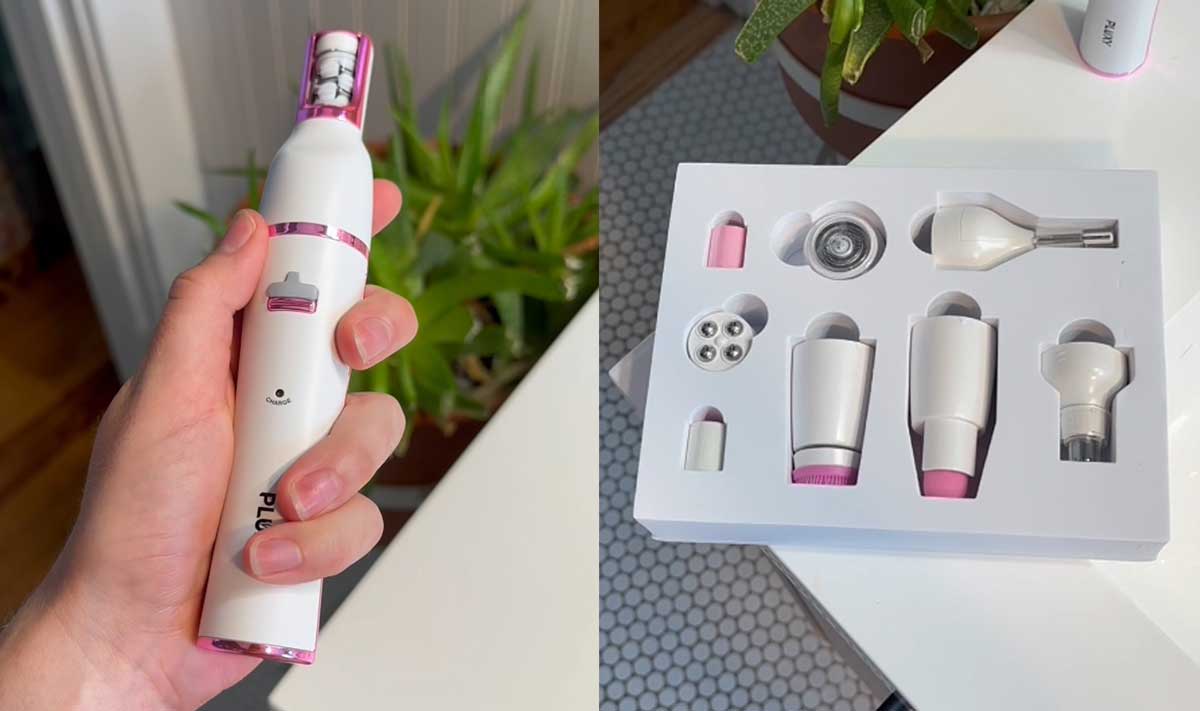
The lungs are one of the most important organs in our body, responsible for supplying oxygen to the rest of our organs and tissues. It’s crucial to maintain strong and healthy lungs, especially in today’s world, where air pollution and respiratory illnesses are prevalent. In this blog, we will discuss various ways to strengthen your lungs and improve your overall respiratory health.
- Cardiovascular Exercises:
Cardiovascular exercises are a great way to strengthen your lungs and improve your overall fitness. Exercises like running, cycling, and swimming can help increase your lung capacity by forcing your lungs to work harder and more efficiently.
During cardiovascular exercises, your heart rate increases, and your lungs have to work harder to keep up with the oxygen demand. This increased workload on the lungs leads to increased lung capacity, improved oxygen delivery to the body’s tissues, and improved overall respiratory health.
- Deep Breathing Exercises:
Deep breathing exercises are a great way to strengthen your lungs and improve your breathing efficiency. These exercises help to increase lung capacity by training your lungs to take in more air with each breath.
To perform deep breathing exercises, sit or lie down in a comfortable position. Inhale deeply through your nose, filling your lungs with air. Hold your breath for a few seconds, then exhale slowly through your mouth, emptying your lungs completely. Repeat this exercise for a few minutes each day to see results.
- Diaphragmatic Breathing:
Diaphragmatic breathing, also known as belly breathing, is an exercise that focuses on breathing with the diaphragm muscle, located beneath the lungs. This exercise can help strengthen the diaphragm muscle and improve lung function.
To perform diaphragmatic breathing, sit or lie down in a comfortable position. Place your hand on your belly and inhale deeply through your nose, focusing on expanding your belly as you inhale. Hold your breath for a few seconds, then exhale slowly through your mouth, feeling your belly contract as you exhale. Repeat this exercise for a few minutes each day to see results.
- Breathing Exercises for Smokers:
Smoking can have a significant impact on lung health, leading to reduced lung capacity and increased risk of respiratory illnesses. However, quitting smoking is easier said than done, and many smokers struggle to kick the habit.
Breathing exercises can be an effective way to improve lung function and reduce the negative impact of smoking. One such exercise is pursed-lip breathing, which involves inhaling through the nose and exhaling slowly through pursed lips, as if you were whistling.
This exercise helps to reduce shortness of breath and increase lung capacity in smokers. To perform pursed-lip breathing, inhale through your nose, then exhale slowly through pursed lips, as if you were blowing out a candle. Repeat this exercise for a few minutes each day to see results.
- Avoiding Respiratory Irritants:
Avoiding respiratory irritants is an essential part of maintaining strong and healthy lungs. Respiratory irritants like air pollution, dust, and allergens can lead to inflammation in the lungs and reduced lung function over time.
To reduce exposure to respiratory irritants, try to avoid areas with high pollution levels, wear a mask when outside, and keep your living spaces clean and free of dust and allergens.
Conclusion:
Strong and healthy lungs are crucial for overall health and well-being. Cardiovascular exercises, deep breathing exercises, diaphragmatic breathing, breathing exercises for smokers, and avoiding respiratory irritants are all effective ways to strengthen your lungs and improve your respiratory health.
Incorporating these exercises and lifestyle changes into your daily routine can help to increase lung capacity, reduce shortness of breath, and improve overall respiratory health. If you’re concerned about your lung health, talk to your healthcare provider about


